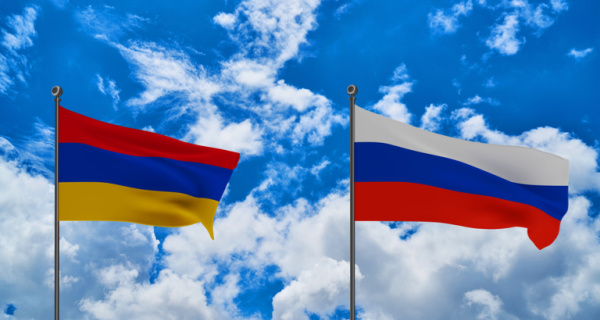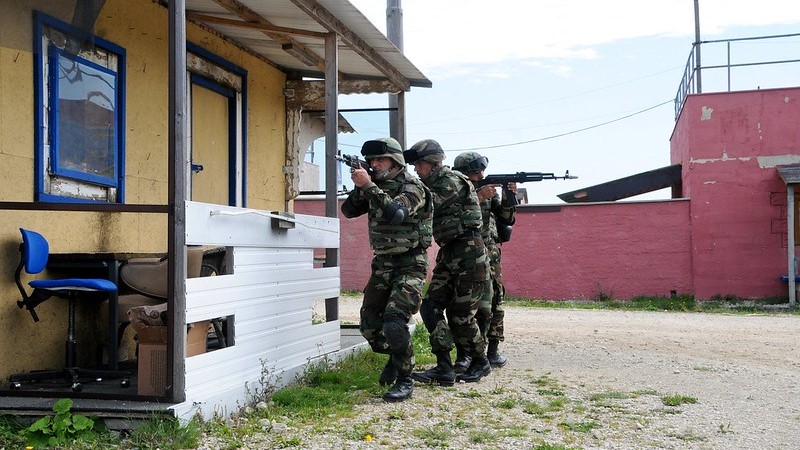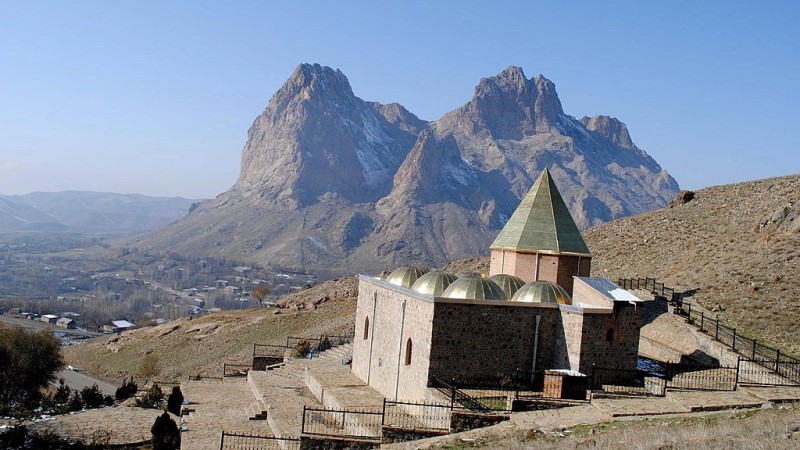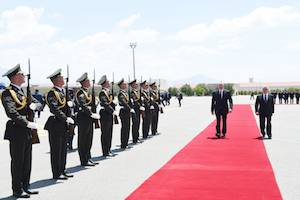Russia Pressures Armenia to Join a Revamped Union State
By Stephen Blank
February 7, 2023
At the end of 2022 Armen Grigoryan, Secretary of Armenia’s Security Council, announced on television that Armenia is under strong pressure, presumably from Moscow, to join the union state of Russia and Belarus and open an “extraterritorial (trade) corridor” to Azerbaijan’s Nakhichevan province through its own Syunik province. While Armenia’s acute security predicament provides an opportunity for this Russian move, the question is why Moscow has chosen this particular timing and what it portends for the future of the Caucasus.

New Tensions Rising along Armenia-Azerbaijan Border
By Emil A.Souleimanov and Huseyn Aliyev
June 10, 2021, the CACI Analyst
Starting in mid-May, a wave of confrontations between Armenian and Azerbaijani forces have taken place in disputed border areas after large-scale fighting between the two states ended in November last year. While both sides trade accusations of violating each others’ international borders, there may be logical reasons for the recent spike in Armenian-Azerbaijani confrontations and their timing. Armenia’s upcoming parliamentary elections, unresolved issues of prisoners of war, the status of Nagorno-Karabakh, and the question of the “Zangezur/Syunik corridor” have all possibly contributed to the recent events.

Armenia and Azerbaijan at odds over Planned Transport Link
By Natalia Konarzewska
June 7, 2021, the CACI Analyst
Baku is preparing to open a transit corridor that will link Azerbaijani territory with its Nakhichevan exclave through southern Armenia. President Ilham Aliyev recently announced the construction of a railway that will link Azerbaijan proper with Nakhichevan and ramped up the rhetoric against Armenia, which remains reluctant towards the project. Most of the Armenian public and experts consider the transit corridor to be a geopolitical threat rather than a new opportunity for enhanced connectivity. This standoff recently turned into full-fledged security crisis as Azerbaijan’s army advanced into the territory of southern Armenia in mid-May.

Azerbaijan's Advances Around Nakhichevan
By Emil A. Souleimanov and Huseyn Aliyev
July 5, 2018, the CACI Analyst
In late May, Nakhichevan-based Azerbaijani forces entered no-man’s land to the northwest of the exclave, formally part of Armenia, as deep as 10-15 kilometers. The territory was occupied without a single shot, and represents a physically larger portion of land than that acquired by Azerbaijan as a result of the April 2016 clashes. As the Armenian public was preoccupied with the toppling of the regime of Serzh Sargsyan and the Pashinyan government’s subsequent anti-corruption initiatives, the “silent occupation” of land in Armenia’s Vayotz Dzor province went virtually unnoticed. Since further advances into Armenian territory are likely to force Russia’s response, both sides remain cautious to avoid further confrontations.



